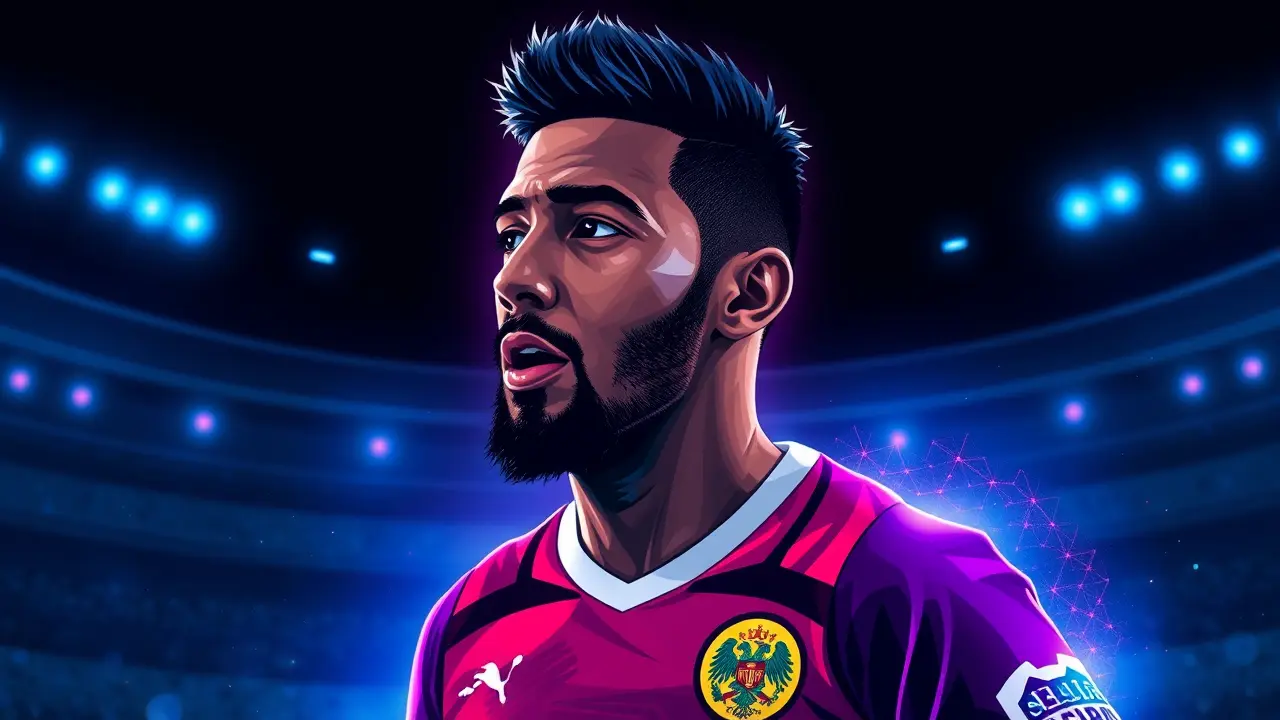Deputy Svishchev on Claudinho: Case Under Review by Prosecutor
The football world is once again witnessing how the beautiful game intersects with the harsh realities of global politics, as the case of Brazilian midfielder Claudinho, currently with Qatari side Al-Sadd, has escalated from a player's personal lament into a formal review by Russia's General Prosecutor's Office. The saga began when the former Zenit St.Petersburg playmaker, in a moment of raw candor, revealed that his desire to depart the Russian Premier League giants was rooted in the emotional distress he felt over the conflict in Ukraine, stating he had friends there and had received offers from Brazil that Zenit ultimately blocked. This personal testimony, however, was not treated as mere locker-room talk; it was seized upon by Deputy Dmitry Svishchev of the State Duma, who has now confirmed that the prosecutor's office is actively investigating the footballer's comments, a process he describes as 'procedural' and ongoing, with no definitive timeline for a conclusion that could range from weeks to a decade.For a sport that often positions itself as a unifying force, this incident is a stark reminder of the immense pressure athletes from abroad face when playing in leagues entangled with geopolitical strife, drawing parallels to historical precedents where sports figures became unwilling political symbols. Claudinho, perhaps realizing the gravity of the situation, swiftly attempted to control the narrative by publishing an open letter, vehemently asserting he 'never said anything bad about Russia' and professing his deep respect and love for the country—a stark contradiction to his initial remarks that Deputy Svishchev found unconvincing.This 'he said, he later unsaid' dynamic is at the core of the investigation, which the deputy insists is necessary to cut through the 'one-sided' media portrayal and uncover the 'real picture,' as the outcome carries significant weight for the player's future, the reputation of FC Zenit, and the broader perception of Russian football. The analytical lens here must consider the precarious position of foreign athletes in Russia; their careers and personal safety can hinge on public statements, creating an environment where measured diplomacy often supersedes genuine emotion.Unlike a misplaced tackle or a tactical foul on the pitch, an off-the-cuff comment can lead to 'administrative or criminal' proceedings, a reality that changes the calculus for every international player considering a move to the league. Expert commentary from sports lawyers and political analysts would likely highlight the chilling effect such investigations can have on player recruitment and the league's global standing, potentially isolating Russian clubs at a time when sporting connections are more fragile than ever.The consequences are multifaceted: for Claudinho, it's a cloud of uncertainty hanging over his career; for Zenit, a test of their ability to protect their players from political crossfire; and for the Russian football authorities, a delicate balancing act between asserting national dignity and upholding the principles of sporting freedom. As we await the prosecutor's final verdict—be it a dismissal of the case or a referral for further legal action—this episode serves as a poignant, if unsettling, life lesson in the modern era of football: the pitch is no longer just a field of play, but a stage where personal sentiment, corporate interests, and state power collide, and sometimes, the most dangerous play is not with the ball, but with words.
CO
CosmicDustBunny13 hours ago
wait what is even happening anymore, this whole thing just makes my brain feel weird like we're all just little pieces in some giant game we don't know the rules to
0
© 2025 Outpoll Service LTD. All rights reserved.
